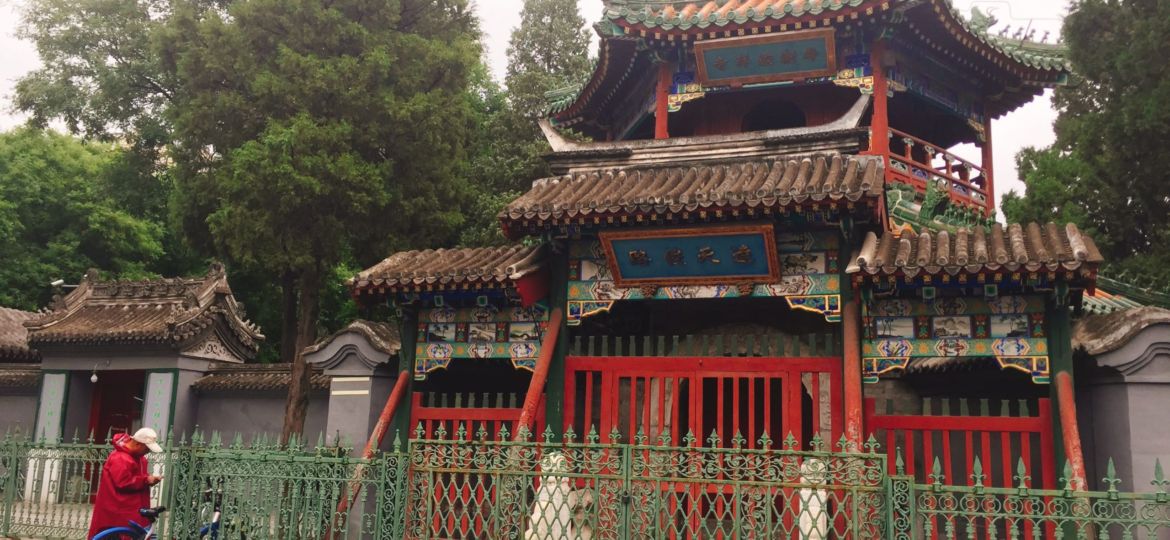
Is Beijing Muslim friendly?
Having spent three months in Beijing, China back in 2019, I discovered many things about their culture that I did not know of before. The biggest eye-opener for me has to be the number of Chinese Muslims and the influence of Islam on the country and in particular the cuisine. Let’s face it, when you think of China, you won’t be thinking of Islam. And if you are a Muslim wanting to travel to China, you are already probably worried about what you are going to eat and whether you’ll find halal food.
The Influence of Islam on Beijing
Beijing has a rich history and culture and from it is the Islamic history. There’s a huge Muslim influence in Beijing. In particular the food scene. Niujie Street is a street which is basically Muslim central in the capital of China. Niujie basically means Ox – referring to the fact that Muslims love to eat meat. It is a street where majority of the people are Chinese Muslims, most if not all the restaurants are halal and it is home to the biggest and oldest mosque.
The Niujie Mosque
The Niujie Mosque is a mosque that was built in 996 (385AH)! Over the years it has been through a number of revamps of course. Today, it is a wonderful concoction of Chinese and Arabic architecture. This shows the old and rich influence of Islam in Beijing, China. Fascinatingly, it is an unseen and untold side of Beijing.
The Niujie Mosque is a mosque that was built in 996 (385AH).
The Food
As you wander the street you will see people (Muslim or not) exploring the food stalls and the restaurants in this lively part of Beijing. I went there a few times including once in Ramadan – every time I was there, the street was buzzing. There are some very famous restaurants on this street including a hotpot joint, which is considered one of the best if not the best hotpot restaurant in Beijing. You have to queue up for a long time to get a seat here. And it is halal (read more about this restaurant experience here)! You’ll find all sorts of Chinese foods on this street from baozis, dumplings, noodles, bejing duck to unique sweets you won’t find anywhere else. The Chinese Muslims are actually famous for their sweet treats. On this street, you will also find a very impressive tea shop – where fresh tea of all kinds is sold. Make sure you grab the best bag of Jasmine tea you’ll ever have from this shop. If you want to cook at home, you’ll need a halal butchers, you’ll find a bunch here!
Ramadan in Beijing
Come Ramadan, there is a different vibe on this street. Quiet during the day, but absolutely buzzing at and after sunset. Every year in the month of Ramadan the local families of Beijing prepare food for the breaking of the fast at sunset, for the whole month – this is served at the mosque (all mosques in Beijing). This includes dates, fruits and snacks to break. Then proper main meals are served (e.g. baoza, rice and noodle dishes). All for free. This allowed me (a foreigner) to sample some authentic home cooked Beijing dishes! Every day something different was served.
The most beautiful thing was how people from all walks of life got together around tables, ate food and prayed together. It was a wonderful community feeling. These included mainly the local Hui people (the Chinese Muslim ethnic group), Uighur Muslims and some foreign students too particularly from Bangladesh and Pakistan. Read more here.




















